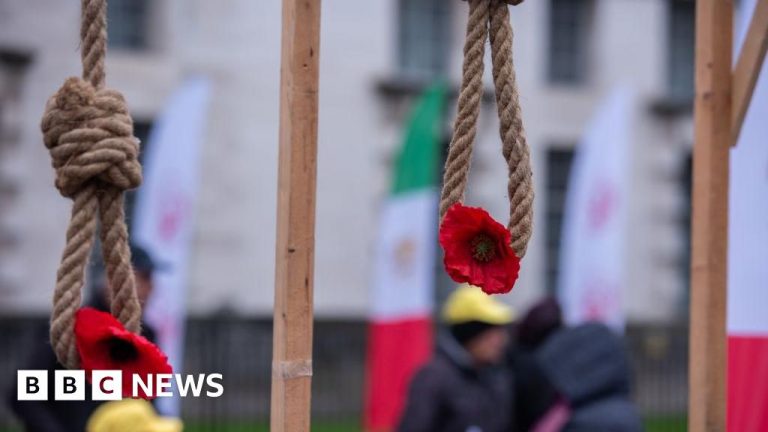Good morning! Let’s play Connections, the NYT’s clever word game that challenges you to group answers in various categories. It can be tough, so read on if you need clues.
What should you do once you’ve finished? Why, play some more word games of course. I’ve also got daily Strands hints and answers and Quordle hints and answers articles if you need help for those too, while Marc’s Wordle today page covers the original viral word game.
SPOILER WARNING: Information about NYT Connections today is below, so don’t read on if you don’t want to know the answers.
NYT Connections today (game #569) – today’s words

Today’s NYT Connections words are…
- BALL
- DROP
- DART
- GAME
- ATTENTION
- DEAR
- BRAND
- NAMES
- THRILL
- FOR
- FLY
- BLAST
- BOLT
- KICK
- TO
- DASH
NYT Connections today (game #569) – hint #1 – group hints
What are some clues for today’s NYT Connections groups?
- YELLOW: In a hurry
- GREEN: Good times
- BLUE: To whom it may concern
- PURPLE: Your given moniker
Need more clues?
We’re firmly in spoiler territory now, but read on if you want to know what the four theme answers are for today’s NYT Connections puzzles…
NYT Connections today (game #569) – hint #2 – group answers
What are the answers for today’s NYT Connections groups?
- YELLOW: MOVE QUICKLY
- GREEN: FUN TIME
- BLUE: WORDS BEFORE AN ADDRESSEE
- PURPLE: NAME
Right, the answers are below, so DO NOT SCROLL ANY FURTHER IF YOU DON’T WANT TO SEE THEM.
NYT Connections today (game #569) – the answers

The answers to today’s Connections, game #569, are…
- YELLOW: MOVE QUICKLY BOLT, DART, DASH, FLY
- GREEN: FUN TIME BALL, BLAST, KICK, THRILL
- BLUE: WORDS BEFORE AN ADDRESSEE ATTENTION, DEAR, FOR, TO
- PURPLE: NAME _ BRAND, DROP, GAME, NAMES
- My rating: Easy
- My score: Perfect
Today’s grid included several potential groups: things that come before “off”, names for potential delivery apps, various seekers of things, how someone from the 1950s might communicate happiness.
Despite these distractions, the actual groups were a little more obvious, although I did have to time travel back to a period when I actually received written communication in order to get WORDS BEFORE AN ADDRESSEE. Once, I received dozens of letters a week FOR my ATTENTION, but now the only regular communications I get through my letterbox are fast food menus, including one quite accurately addressed to The Pizza Lover.
A good Connections to end 2024 with. In fact, it was a BLAST.
Yesterday’s NYT Connections answers (Monday, 30 December, game #568)
- YELLOW: LUNCH ORDERS CLUB, HERO, MELT, WRAP
- GREEN: USED TO MAKE COFFEE BEANS, FILTER, GRINDER, WATER
- BLUE: PAY, WITH “UP” ANTE, COUGH, PONY, SETTLE
- PURPLE: NAMES FEATURING “!” AIRPLANE, JEOPARDY, PINK, YAHOO
What is NYT Connections?
NYT Connections is one of several increasingly popular word games made by the New York Times. It challenges you to find groups of four items that share something in common, and each group has a different difficulty level: green is easy, yellow a little harder, blue often quite tough and purple usually very difficult.
On the plus side, you don’t technically need to solve the final one, as you’ll be able to answer that one by a process of elimination. What’s more, you can make up to four mistakes, which gives you a little bit of breathing room.
It’s a little more involved than something like Wordle, however, and there are plenty of opportunities for the game to trip you up with tricks. For instance, watch out for homophones and other word games that could disguise the answers.
It’s playable for free via the NYT Games site on desktop or mobile.























+ There are no comments
Add yours